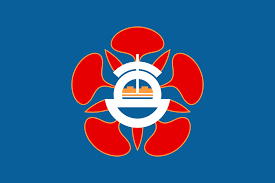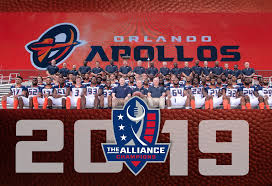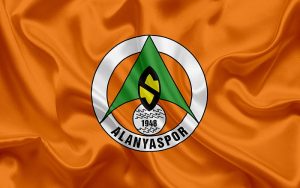The Mythological Framework of the Age Of The Gods

Age Of The Gods
The Age Of The Gods is a term that resonates deeply with mythology, literature, and the cultural narratives that have shaped human civilization for millennia. This period is often depicted as a realm where deities are not mere figments of imagination but active participants in the lives of mortals, influencing events, shaping destinies, and weaving the fabric of existence itself. In exploring the Age Of The Gods Slot game u888, we delve into the realms of ancient mythologies, understanding the archetypes of gods, their roles, and how they reflect societal values and human experiences.
The Mythological Framework of the Age Of The Gods
The Age Of The Gods is steeped in rich mythological traditions that vary from culture to culture. Understanding these stories provides insight into the human psyche and societal structure during the times these myths were created.
The Pantheon: A Reflection of Human Nature
Mythologies across the globe present a pantheon of gods that often mirror human traits—strength, jealousy, love, hate, and creativity.
Gods like Zeus, Odin, and Ra embody powers beyond mortal comprehension yet exhibit flaws that make them relatable. Their interactions often resemble human relationships, filled with conflict and resolution, showcasing that even divine beings grapple with emotions and moral dilemmas.
This reflection serves a dual purpose. It allows people to engage with larger-than-life figures while simultaneously forcing them to confront their own virtues and vices. For instance, the Greek god Hermes embodies cunning intelligence, which can be perceived positively as cleverness or negatively as deceit. Through these narratives, cultures explore what it means to be human, using the divine as a mirror to their own attributes.
Cosmology and Creation Myths
Many cultures share a common theme in their creation myths, often rooted in chaos, darkness, or a primordial state.
In Greek mythology, the universe began with Chaos, which birthed the Titans and eventually the Olympian gods. Similarly, in Hindu tradition, the cosmic ocean was churned to create the world, bringing forth divine beings who played significant roles in establishing order.
These creation stories are vital because they provide explanations for natural phenomena and human existence. They set the stage for understanding life’s complexities, offering frameworks for morality, ethics, and the pursuit of knowledge. Such myths reveal the ancients’ attempts to find meaning in the chaos around them, highlighting a universal quest for understanding and significance.
The Role of Deities in Morality and Ethics
The Age Of The Gods also emphasizes the role of deities in shaping moral and ethical standards within societies.
For example, in the Judeo-Christian tradition, God embodies the ultimate moral authority, creating laws and guidelines for humanity to follow. Meanwhile, in Norse mythology, deities such as Thor symbolize bravery and honor, while Loki represents chaos and treachery, prompting individuals to navigate the spectrum of morality.




